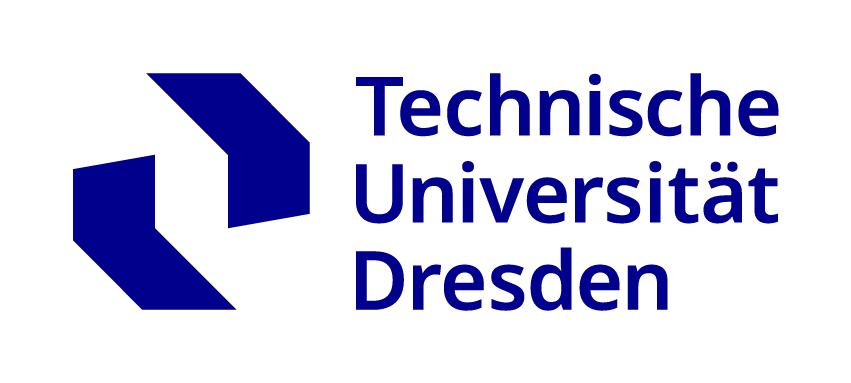Contact
| web: | https://www.waskowlab.com/ | |
| email: | ||
| phone: | +49 (0)351 458-6448 | |
| fax: | +49 (0)351 458-6309 | |
| postal address: | Technische Universität Dresden (TUD), Regeneration in Hematopoiesis, 01062 Dresden, Germany | |
| office address: | Technische Universität Dresden (TUD), Regeneration in Hematopoiesis, Tatzberg 47/49, 01307 Dresden, Germany | |
| partner: | Technische Universität Dresden | |
Expertise
We are interested in the regulation of blood stem cell biology in the embryo and in the adult mouse to understand their amazing functional potential.
Stem cell maintenance is essential for continuous tissue formation during steady-state and under stress. The constant supply of de novo generated mature cells from adult stem cells is pivotal for the lifelong function of many organs, in particular for tissues with high turn-over rates such as the gut, skin and blood. Understanding the mechanisms of fate choice in stem and progenitor cells holds the promise of replacement of non-functioning tissues by engineered tissues in the future.
One of the most thoroughly studied adult stem cell types is the hematopoietic stem cell (HSC) that gives rise to all blood cells through a process called hematopoiesis. HSC can be prospectively isolated to very high purity, and after bone marrow transplantation the infused donor HSCs disclose their amazing regenerative potential and continuously generate blood cells over long periods of time in the recipients. Despite the precise phenotypic description of HSCs the molecular mechanisms, including signaling pathways and receptor interplay, underlying fate-choice decisions are not resolved. Failure of hematopoiesis can lead to life-threatening blood disorders disclosing the need for a tight regulation of fate choices of HSC to ensure welfare of the organism. We focus on cell-intrinsic and extrinsic niche-mediated signals that regulate HSC fate.
Our lab focuses on HSCs and hematopoieiss in mice and humans and we use state-of-the art techniques to understand the effect of cell physiological processes on stem and progenitor cell function. We have a focus on developing optimized tools to address our questions in vivo.
Fundamental unresolved questions that we work on include:
-
How is hematopoiesis controlled on the molecular level?
-
What keeps a stem cell a stem cell? What invites a stem cell to differentiate?
-
What is the role of growth factors in lineage choice?
Affiliations
Parent Units
| name | type | actions |
|---|---|---|
| CRTD - Center for Regenerative Therapies TU Dresden (CRTD) | Center |
Last Update
Last updated at: 2018-04-23 12:42 CEST

